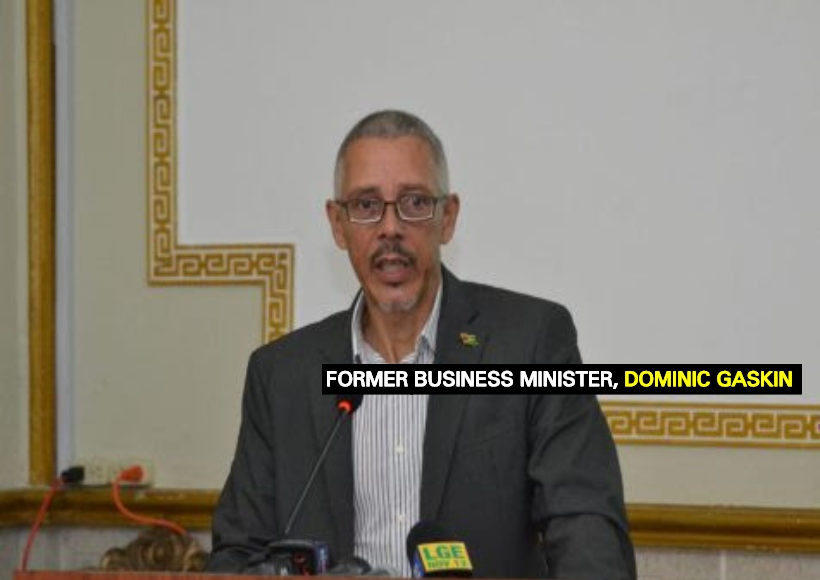One of the most crucial tasks for the APNU+AFC administration is to ensure that Guyanese come first in the oil sector. However, one must be cognizant of the inescapable reality that locals are not efficiently prepared to handle all the demands of the multi-billion dollar sector.
It is in this vein that former Business Minister, Dominic Gaskin, notes that critics and the citizenry by extension must therefore exercise some understanding of the government’s call for outside help.
The former minister made this case for his government at the Offshore Technology Conference (OTC) which is being held in Huston, Texas. The event, which commenced on May 6 and concludes today, allows for energy professionals to meet and exchange ideas to advance scientific and technical knowledge for offshore resources and environmental matters.
At a segment this morning which focused on the booming oil industry in Guyana, Gaskin who delivered a presentation, spoke on the various elements that would be needed to ensure Guyana succeeds with its petroleum revenues. It is on this premise that the former Minister noted that local content is, perhaps, the most important area for Guyana to get right.
At the event, which is sponsored by major industry stakeholders such as reputable law firm, Hughes, Fields and Stoby, Gaskin said, “It has to be said that the Guyanese people have an expectation of being the main beneficiaries of the oil which rightfully belongs to our country. The government holds the same position but it has the added responsibility to ensure that its share of production is not compromised by sub-optimal efficiencies as a result of overambitious local content demands.”
The official said that a delicate balance is required in order to maximise long-term benefits.
Further to this, Gaskin said there is the expectation that the Guyanese workforce, over some specified timeline, will receive the necessary training to fill the full range of permanent positions required in the industry and that local suppliers will benefit from capacity building initiatives aimed at preparing them for competitive bidding within the sector and, by extension, maximising the use of local suppliers.
However, Gaskin warned that the timelines and the means by which these expectations will be met need to be carefully thought out, and must take into consideration the impact on operational costs.
“So government has its work cut out,” he said, while reminding that local content is just one of the numerous things the government has to get in place for first oil.
In a nutshell, Gaskin asserted that Guyana is anxious to get it right from the inception. And getting it right, he said, means using oil as a means of achieving the country’s development objectives. Gaskin said that those objectives are people-centered and must result in a better life for the Guyanese people which are sustainable over the long-term and over generations to come.













